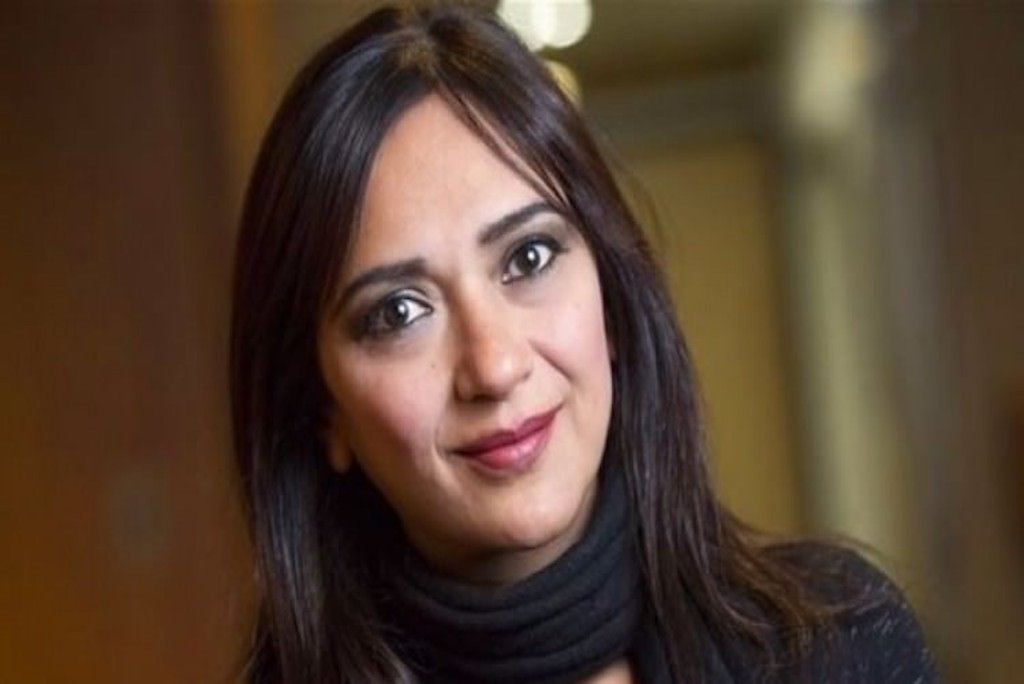The Committee to Protect Journalists (CPJ) on Thursday urged Fahrettin Altun, Turkey’s presidential communications director, to review changes made to the press card regulation, saying it is discriminatory and partisan.
In its letter to Altun CPJ said the current press card regulation, which was put into effect in 2018, enables press cards to be canceled for arbitrary or ambiguous reasons. Although the regulation was updated in May, problems regarding the rules for the cancelation of press cards were not resolved.
The latest additions to the 25th article of the regulation on reasons for the cancellation of press cards included statements such as “damaging the honor of the profession by exhibiting behaviors that cast a shadow on the dignity of journalism” and “creating content that would support violence and terror or disable the fight against all kinds of organized crime.”
CPJ said according to its interviews with journalists and research on the matter, many journalists could not obtain press cards at all under the current regulation. Journalists told CPJ they believed the process to obtain cards was discriminatory and partisan. Some journalists who cover news critical of the ruling Justice and Development Party (AKP) said they did not even consider applying for a press card because they didn’t believe it would be approved.
Furthermore, hundreds of previously accredited journalists will have to wait for an indefinite period of time for their new press cards.
According to the CPJ a press card should be easily obtainable and journalists should not be subject to discrimination based on their outlet’s politics and news coverage. The revocation process for press cards should be clearly defined and not up to individual interpretation.
The CPJ urged the Directorate of Communications to abandon its hostile rhetoric toward journalists and to work cooperatively with domestic journalist organization to devise regulations.
It is difficult for journalists to do their jobs without press cards in Turkey as they need them to attend certain events, follow trials and enter the Turkish Parliament.
Several journalism associations and opposition political parties slammed the regulation, describing it as a blow to press freedom in Turkey.
The Turkish Journalists’ Association (TGC) said in a statement in May that the ruling AKP aims to create an environment in the country where it can decide who can become a journalist. “The ruling power cannot control the profession of journalism [in Turkey] by means of press cards. A press card cannot serve as a license for journalism,” they argued.
The Turkish government increased its crackdown on critical media outlets and journalists in the aftermath of a coup attempt on July 15, 2016, following which dozens of journalists were jailed and more than 200 media outlets were closed down on the pretext of an anti-coup fight.















